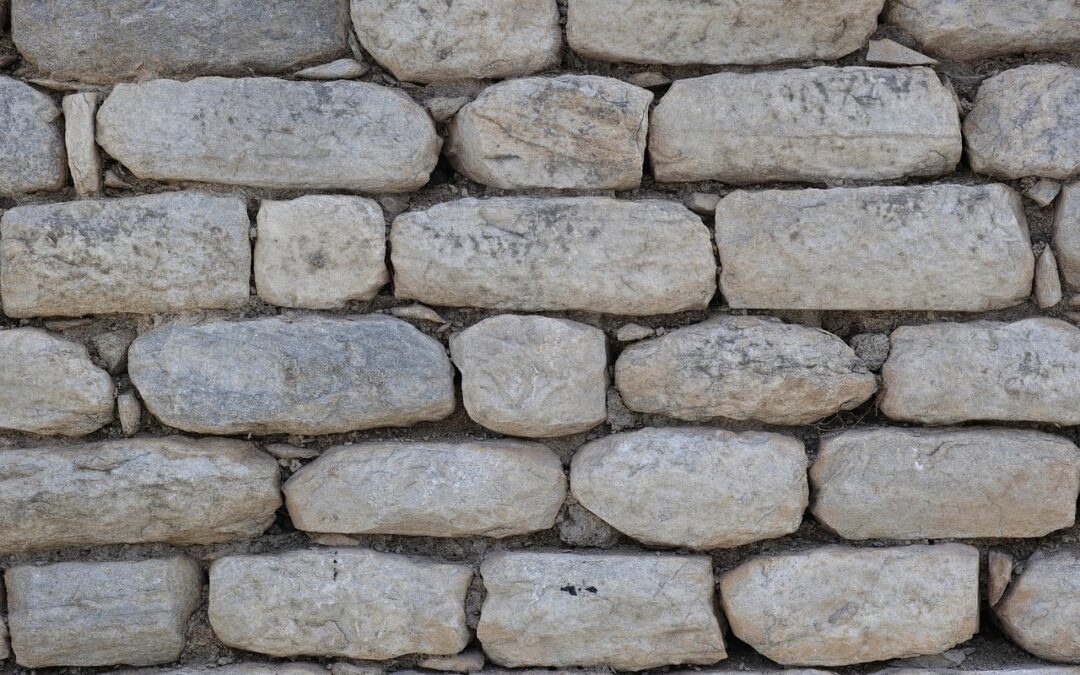TL;DR: Concrete For Schools
Concrete plays a crucial role in the construction and upkeep of schools, providing durability, safety, and aesthetic appeal. From structural elements to outdoor spaces, high-quality concrete ensures a supportive and inspiring learning environment for students and staff.
Benefits of Concrete for Schools
Structural Integrity: Concrete’s strength and longevity make it an ideal material for constructing school buildings, providing a stable and safe foundation that can withstand wear and tear.
Durability and Low Maintenance: Concrete surfaces are resistant to damage from foot traffic, weather, and chemicals, reducing maintenance costs and ensuring a clean and attractive space.
Fire Resistance: Concrete is a fire-resistant material, enhancing the safety of school buildings and protecting students and staff in case of emergencies.
Versatility and Design: Concrete can be molded into various shapes and textures, allowing architects to create unique and visually appealing spaces that reflect the school’s identity.
Outdoor Applications: Concrete walkways, patios, and play areas provide safe and accessible outdoor spaces for students to socialize, play, and learn.
Sustainability and Environmental Benefits: Concrete is a sustainable material with a low carbon footprint. It can be recycled and reused, reducing waste and promoting environmental responsibility.
Choosing the Right Concrete for Schools
Mix Design: The concrete mix should be carefully designed to meet specific requirements for strength, durability, and resistance to wear and tear.
Paving and Decorative Concrete: Different concrete types can enhance specific areas, such as decorative stamped concrete for walkways or durable paving concrete for parking lots.
Installation and Maintenance: Proper installation and regular maintenance are essential to ensure the longevity and appearance of concrete surfaces.
Case Studies and Testimonials
Highlight success stories of schools that have benefited from using high-quality concrete in their construction or renovation projects. Include testimonials from administrators, teachers, and students to demonstrate the positive impact on the learning environment.
Tips for Schools
Budget Considerations: Determine the cost-effectiveness of different concrete options based on the size and scope of the project.
Local Regulations: Ensure compliance with local building codes and regulations governing concrete construction.
Long-Term Planning: Consider the future needs and growth of the school when planning concrete installations to avoid costly replacements in the future.
Partnering with Experts: Engage reputable concrete contractors who specialize in school projects to ensure quality materials and workmanship.
Conclusion: Elevating Education with Concrete
Concrete is not just a building material; it is an investment in the future of education. By choosing high-quality concrete for schools, we create safe, durable, and inspiring spaces that support the growth and success of our children.

